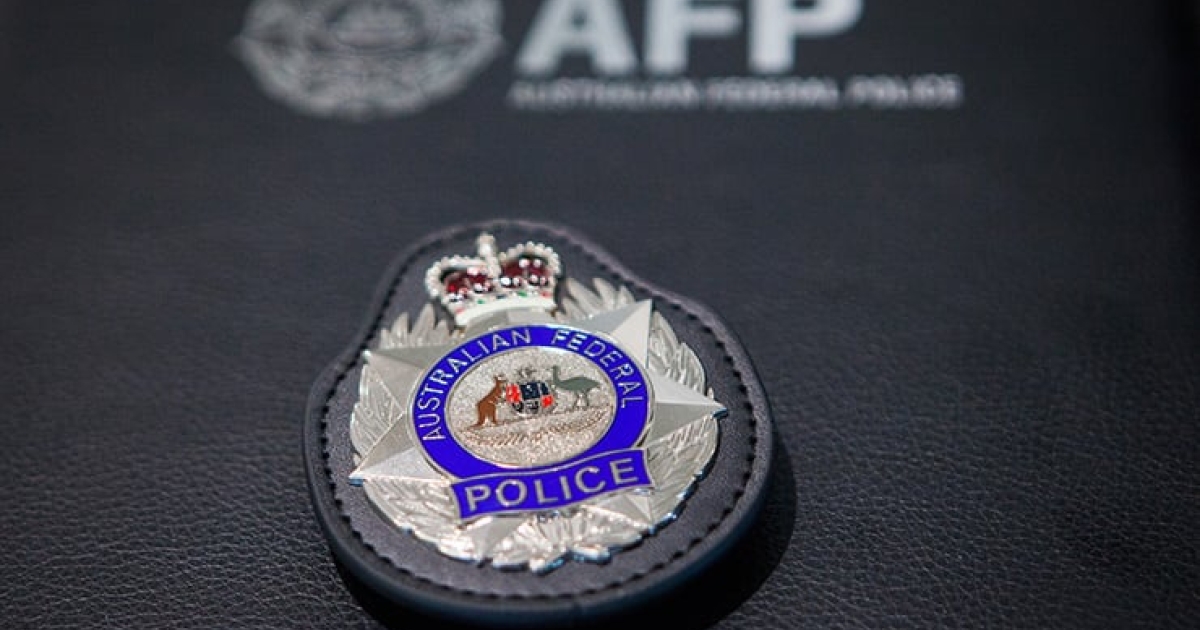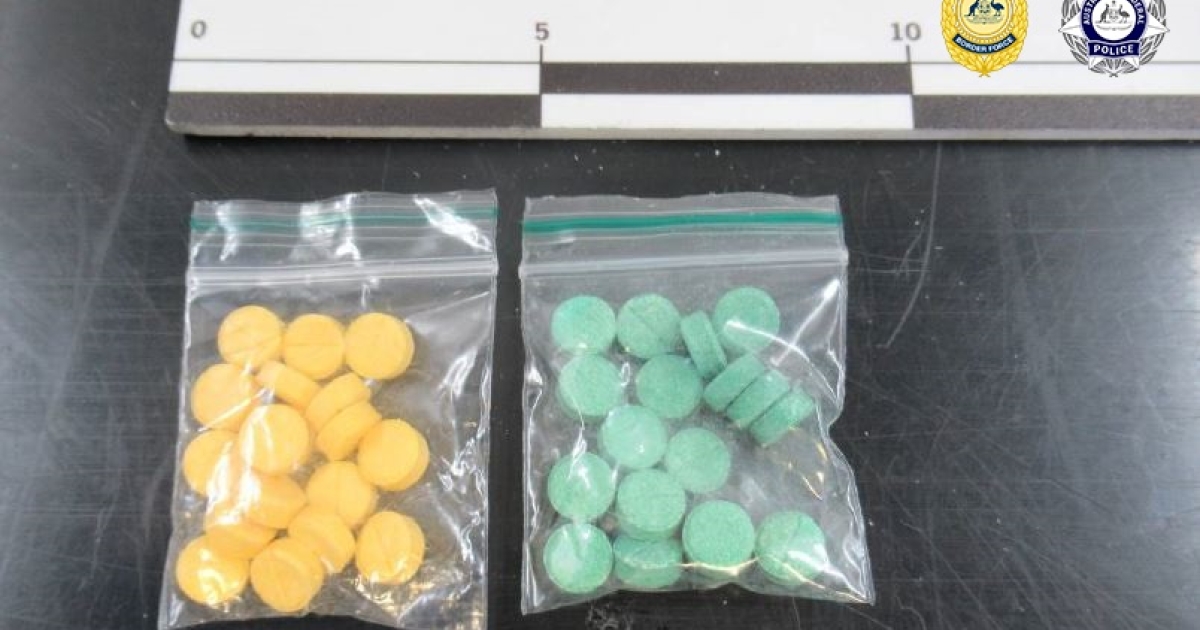First Languages Australia has launched Jarrak, an online living archive and knowledge bank to support the revitalisation and maintenance of Indigenous languages.
The public archive captures key milestones in the journey to strengthen and promote Aboriginal and Torres Strait Islander languages from the 1970s until now.
‘Our languages hold the knowledge of this land from ancient times,’ First Languages Australia’s Faith Baisden said. They tell us about the country, the creation and everything that has lived on this land – whether human, plant or animal. They hold our songs, ceremony and stories whose meaning is lost in any other tongue.
Jarrak includes a timeline and searchable database, with links to documentary and audio-visual content covering four areas: policy, education, language centres and resources.
It will be an invaluable resource for Aboriginal and Torres Strait Islander language programs and workers, who often work in isolation and with languages that are at different stages in the revitalisation process.
‘Language also plays a vital role in fostering individual well-being and a real sense of identity and community.’
The archive will:
- build an understanding of the history of Indigenous language revitalisation in Australia
- showcase information about ways that ground has been gained and how setbacks have been faced
- assert the expertise and collective knowledge of Indigenous organisations, their leaders and supporters
- inform and support those who are new to the network
- educate policymakers and funding bodies, now and into the future.
The full title of the collection, Paja inyja jarrak thangani-ngarri, combines four Kimberley languages:
- paja means’many’ or ‘big mob’ in Walmajarri
- inyja means’to go’ in Nyikina
- jarrak means’to talk’ in Kija
- thangani-ngarri means’with our languages’ in Bunuba








